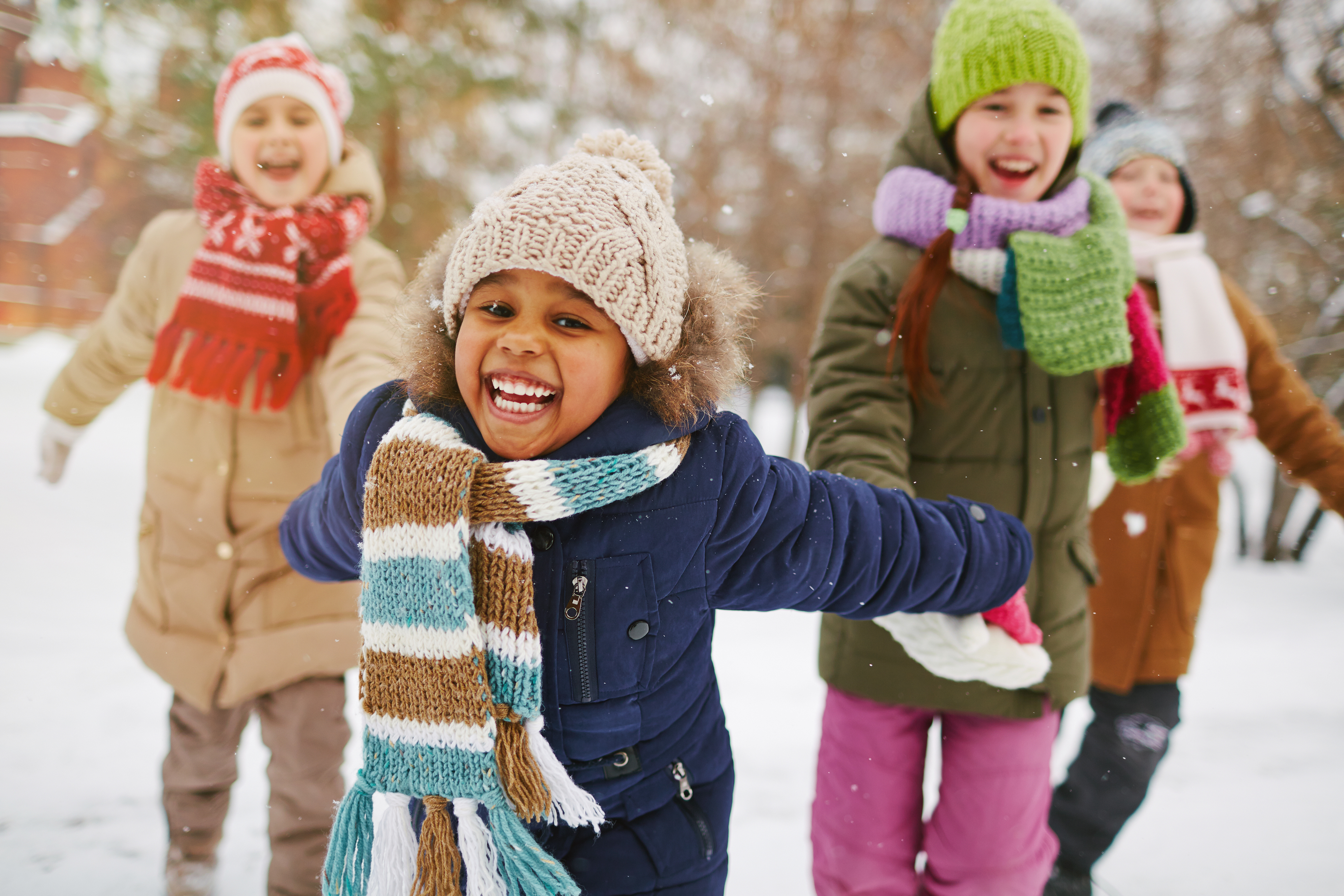
Taking the following precautions suggested by Peter Q. Lee, DO, an Emergency Medicine physician at Cooperman Barnabas Medical Center, can help ensure a safe and comfortable snow day!
Dress appropriately. Layer up with moisture-wicking fabrics, waterproof boots, and don’t forget hats and gloves. Limit your exposure by minimizing the time spent in extreme cold and try to stay dry.
Take it slow. Walk carefully on snow or ice to avoid slips and falls. Wear shoes that have a strong grip and consider using a handrail if it is available.
Shovel safely. Bend your knees, take breaks, and don’t overexert yourself. If you’re 55 or over, make sure your doctor says it is safe to shovel. Consider using a snowblower for larger areas.
Stay hydrated. Even in cold weather, it is important to drink water while being active. The steam you see when you breathe out is water leaving your body, and dehydrated muscles fatigue faster, leaving you more prone to injury.
Know the “right way to fall”. Although most times you can’t predict taking a fall, it can help to stay relaxed, protect your head, roll with it, and try to avoid extending your arms or hands.
Buddy up. Enjoy activities with a friend or give somebody a call and let them know your plans and expected return time when heading outside.
Recognize signs for concern. Watch for symptoms like shivering, confusion, numbness, or pale skin, which could indicate hypothermia or frostbite.
Stay informed. Monitor weather updates and avoid unnecessary travel if conditions are unsafe.
Prepare your home. Keep emergency supplies, like flashlights, blankets, and extra food, in case of power outages or getting snowed-in.